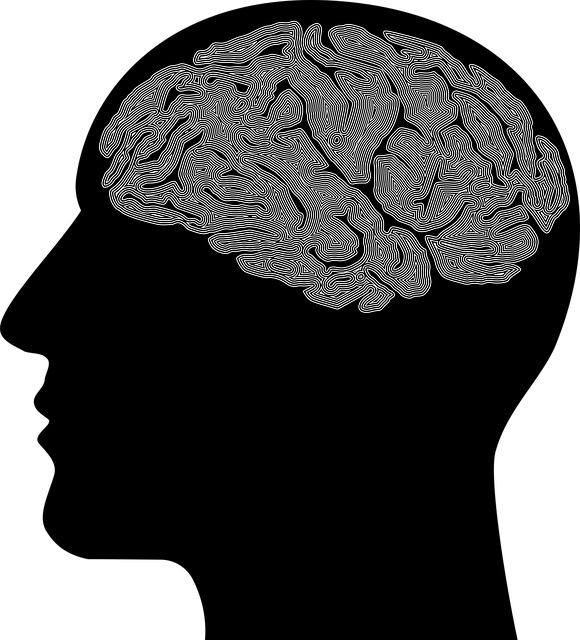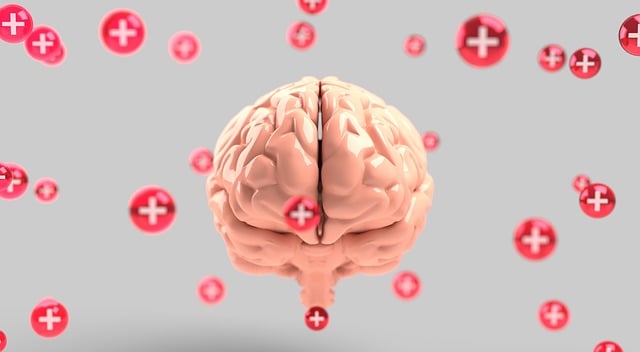Broomfield Developmental Disability Therapy (BDDT) prioritizes culturally sensitive mental healthcare by recognizing and respecting diverse cultural backgrounds, values, and practices. Through open dialogue, active listening, and safe spaces, their therapists facilitate emotionally healing processes that are affirming of each client's unique cultural context. This approach, integrating Mind Over Matter principles and thorough Mental Health Policy Analysis, aims to revolutionize care, strengthen bonds, promote holistic well-being, and enhance outcomes for all clients, setting a benchmark for effective, respectful interactions with diverse patients in clinical settings.
In today’s diverse society, cultural sensitivity is paramount in mental healthcare practice. The approach to treating individuals with developmental disabilities, such as those employed by Broomfield Developmental Disability Therapy, plays a crucial role in fostering inclusive and effective care. This article explores the significance of cultural sensitivity, highlighting strategies for professionals to navigate various cultural contexts effectively. By understanding diverse perspectives, mental health practitioners can offer tailored support, ensuring every client receives respectful, culturally sensitive care.
- Understanding Cultural Sensitivity in Mental Healthcare
- Broomfield Developmental Disability Therapy: An Approach That Respects Diversity
- Strategies for Practicing Culturally Sensitive Care in Clinical Settings
Understanding Cultural Sensitivity in Mental Healthcare

Cultural sensitivity is a cornerstone in the provision of effective mental healthcare, especially when dealing with diverse populations. It involves recognizing and respecting different cultural beliefs, values, and practices that shape individuals’ experiences of mental health and illness. At Broomfield Developmental Disability Therapy, we embrace this principle as an integral part of our approach to care, ensuring that every client receives services tailored to their unique cultural background.
By integrating Mind Over Matter principles, our therapists facilitate emotional healing processes that are culturally affirming. We understand that depression prevention, for instance, requires a nuanced understanding of the social and cultural contexts in which individuals live. Through open dialogue and active listening, we create safe spaces where clients can express themselves freely, fostering an environment conducive to genuine connection and meaningful therapy. This approach not only enhances therapeutic outcomes but also strengthens the bond between therapist and client, ultimately promoting holistic well-being.
Broomfield Developmental Disability Therapy: An Approach That Respects Diversity

The Broomfield Developmental Disability Therapy (BDDT) approach is a shining example of how cultural sensitivity can be integrated into mental healthcare practices. This therapy model recognizes and respects the diverse backgrounds, beliefs, and needs of individuals from various cultural communities, including those with developmental disabilities. By adapting traditional therapeutic techniques to accommodate cultural nuances, BDDT fosters inclusive environments that promote trust and open communication.
Effective communication strategies are at the heart of this approach, enabling therapists to connect with clients on their terms. Understanding the impact of cultural factors on mental wellness and behavioral expressions is crucial in BDDT. This involves a thorough Mental Health Policy Analysis and Advocacy to ensure equitable access to care for all, regardless of their cultural or social identities. Through these practices, BDDT aims to revolutionize mental healthcare by making it more responsive to the unique needs of every individual.
Strategies for Practicing Culturally Sensitive Care in Clinical Settings

In clinical settings, practicing culturally sensitive care is paramount to ensuring effective and respectful interactions with diverse patient populations, including those with developmental disabilities like Broomfield Developmental Disability Therapy clients. One key strategy involves actively listening to patients’ unique cultural narratives and incorporating their perspectives into treatment plans. This requires therapists to be open-minded, educate themselves about different cultural contexts, and adapt therapeutic approaches to meet individual needs. For instance, promoting resilience building through culturally tailored activities can enhance coping mechanisms in a way that resonates with each patient’s background.
Additionally, fostering an environment of trust and understanding is vital. Therapists should encourage open dialogue about cultural practices, beliefs, and challenges, allowing patients to share their experiences uninhibitedly. This might include integrating social skills training to facilitate communication and improve relationships, both within the therapy setting and in patients’ broader communities. By embracing these strategies, mental healthcare professionals can better support clients like those served by Broomfield Developmental Disability Therapy, recognizing that cultural sensitivity is not just a desirable trait but an essential component of quality care.
Cultural sensitivity is an indispensable aspect of modern mental healthcare, ensuring equitable and effective treatment for all. By adopting approaches like Broomfield Developmental Disability Therapy, which prioritizes diversity, professionals can create safe spaces that honor individual cultural backgrounds. Implementing strategies such as active listening, adapting communication methods, and understanding cultural beliefs empowers therapists to provide culturally sensitive care. These practices not only enhance patient outcomes but also foster trust and improve access to mental health services for diverse communities.













